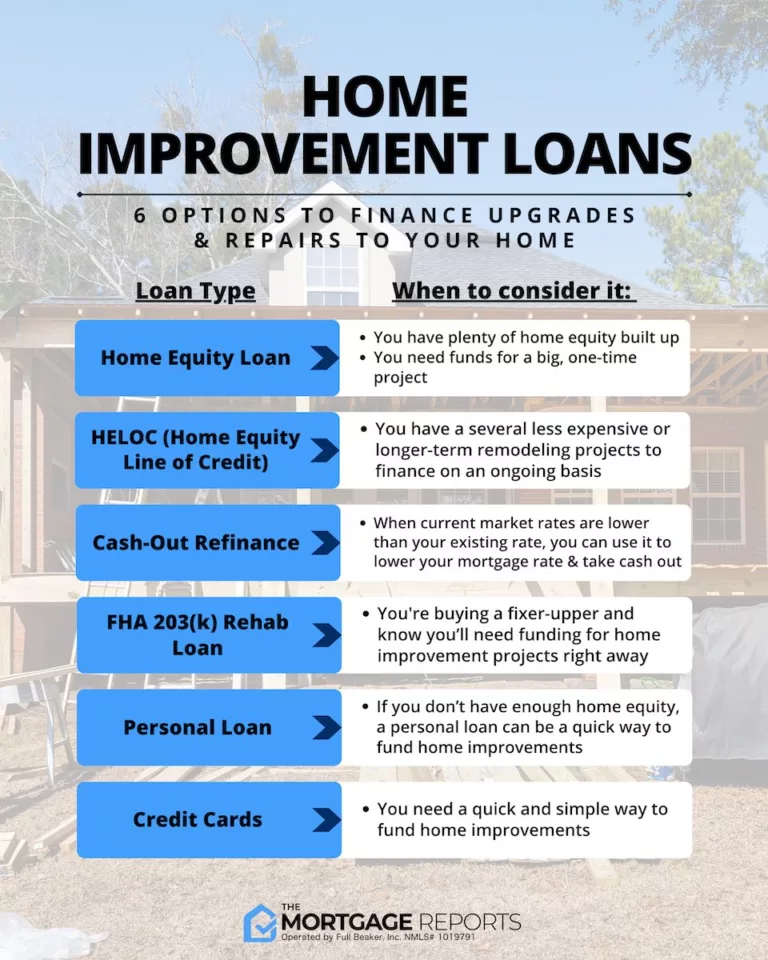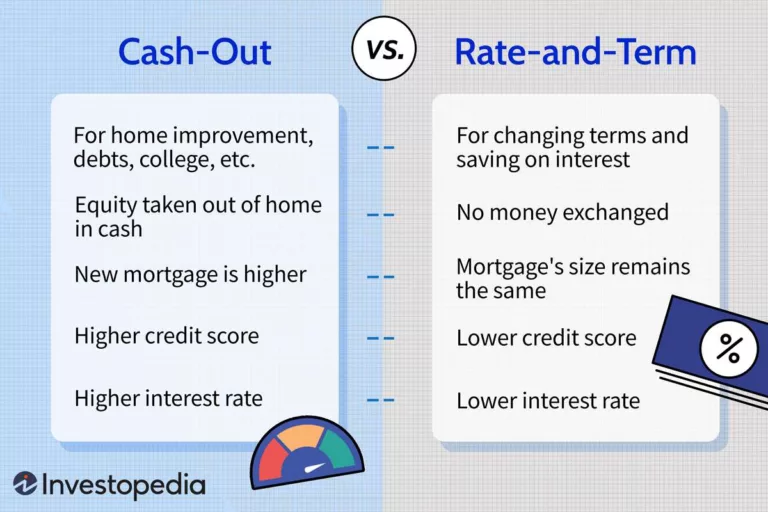Allocated Waiver Mortgage Pros And Cons: Unveiling the Benefits and Pitfalls
Allocated waiver mortgages have advantages such as flexibility in interest rates and payment options, but they also come with the potential risk of higher expenses and limited financing options. These mortgages allow borrowers to allocate a portion of their mortgage balance towards the waiver of future mortgage payments, giving them greater control over their loan.
While this approach allows for more choices in how the mortgage is structured, it can lead to higher costs due to additional fees and charges. Additionally, allocated waiver mortgages may not be available from all lenders, limiting the options for borrowers seeking this specific type of mortgage.
Overall, careful consideration of the pros and cons is necessary before opting for an allocated waiver mortgage.

Credit: clp.law.stanford.edu
What Is An Allocated Waiver Mortgage
An Allocated Waiver Mortgage is a type of mortgage insurance that protects the lender when a borrower defaults on the loan. It allows the lender to recover some or all of the outstanding balance if the borrower is unable to make the mortgage payments. This type of insurance is typically required for borrowers who have a down payment of less than 20%.
Definition
In simple terms, an Allocated Waiver Mortgage is a form of insurance that lenders require when a borrower has a down payment of less than 20%. It protects the lender in case the borrower defaults on the loan and is unable to make the mortgage payments.
How It Works
The Allocated Waiver Mortgage works by providing a safety net to the lender in the event of a borrower’s default. If the borrower is unable to make the mortgage payments, the insurance policy kicks in and allows the lender to recoup some or all of the outstanding balance on the loan. This gives the lender a sense of security, knowing that they have a backup plan in case the borrower defaults.
Here’s how the process typically works:
- The borrower applies for a mortgage loan with a down payment of less than 20%.
- The lender requires the borrower to obtain an Allocated Waiver Mortgage insurance policy.
- The borrower pays the insurance premium, which is often added to the mortgage payment.
- If the borrower defaults, the lender can file a claim with the insurance company to recover some or all of the outstanding balance on the loan.
It’s important to note that the Allocated Waiver Mortgage insurance is for the lender’s protection and does not provide any coverage or financial assistance to the borrower. The borrower is still responsible for making the mortgage payments, and the insurance policy only comes into play if the borrower defaults.
Some pros and cons of Allocated Waiver Mortgage are:
| Pros | Cons |
|---|---|
|
|

Credit: projectdelivery.enotrans.org
Benefits Of Allocated Waiver Mortgages
Allocated Waiver Mortgages offer a range of advantages that can be appealing to homeowners. From lower interest rates to greater flexibility in repayment, here are some key benefits to consider:
Lower Interest Rates
One of the most significant advantages of an Allocated Waiver Mortgage is the potential for lower interest rates. By allocating a portion of your mortgage to a waiver account, you can reduce the amount of principal on which interest is charged. This can result in substantial savings over the life of your loan.
Flexibility In Repayment
Another advantage of Allocated Waiver Mortgages is the flexibility they provide in terms of repayment. With these mortgages, you have the option to make additional payments into your waiver account, which can help to reduce your principal balance and decrease the overall interest paid. This flexibility allows you to pay off your mortgage faster and potentially save money in interest charges.
Additionally, in times of financial instability or unexpected expenses, the funds in your waiver account can serve as a safety net. You can withdraw these funds if needed, providing you with a cushion to cover unexpected costs without having to resort to more expensive forms of borrowing.
Pitfalls Of Allocated Waiver Mortgages
When considering a mortgage, it’s important to be aware of the potential drawbacks to certain loan options. Allocated waiver mortgages, while offering some benefits, also have their own set of pitfalls. Before making a decision, it’s crucial to understand these pitfalls in order to make an informed choice for your financial future.
Limited Lender Options
One of the main disadvantages of allocated waiver mortgages is the limited number of lenders that offer them. Unlike more traditional mortgage options, these specialized loans may only be available through a select few financial institutions. As a result, potential borrowers might find themselves with fewer choices when it comes to selecting a lender that best fits their needs.
Potential For Higher Fees
Another pitfall associated with allocated waiver mortgages is the potential for higher fees. Due to the unique nature of these loans and the added risk they carry, lenders may charge elevated fees compared to traditional mortgage options. These fees can include origination fees, application fees, or even higher interest rates. It’s important for borrowers to carefully consider these additional costs and weigh them against the potential benefits of an allocated waiver mortgage.

Credit: www.masonllc.net
Considerations Before Getting An Allocated Waiver Mortgage
table { margin-bottom: 10px; border-collapse: collapse; width: 100%; } th, td { text-align: left; padding: 8px; } th { background-color: #f2f2f2; }A decision as significant as taking out an allocated waiver mortgage requires careful consideration of several factors. Understanding the pros and cons is crucial to making an informed choice. Before committing to this type of mortgage, it is essential to assess your financial situation and future plans. Exploring these considerations will help you determine whether an allocated waiver mortgage is the right option for you.
Financial Situation
Examining your financial situation is the initial step in deciding whether an allocated waiver mortgage aligns with your needs. Consider the following:
- Loan Amount: Assess the amount of loan you need and how it fits within your budget. Make sure to calculate the monthly payments you can comfortably afford.
- Income Stability: Evaluate the stability of your income source, as it impacts your ability to make consistent mortgage payments.
- Credit Scores: Check your credit scores to determine your eligibility for favorable interest rates. A higher credit score often enables borrowers to secure better loan terms.
Future Plans
Your future plans play a crucial role in determining whether an allocated waiver mortgage is appropriate for you. Reflect on the following considerations:
- Homeownership Duration: Consider the length of time you plan to stay in the property. If you anticipate moving or upgrading within a few years, an allocated waiver mortgage may not be the best fit.
- Income Growth Potential: Reflect on the potential for income growth in your profession or industry. If you foresee increased earnings, an allocated waiver mortgage could be advantageous.
- Financial Flexibility: Assess whether you prefer the ability to invest your money elsewhere or prioritize paying off your mortgage sooner.
Exploring your financial situation and evaluating your future plans are essential steps in determining whether an allocated waiver mortgage is suitable for you. Consult with a mortgage expert to get personalized advice based on your unique circumstances. Armed with this knowledge, you can confidently make an informed decision regarding your mortgage.
Frequently Asked Questions For Allocated Waiver Mortgage Pros And Cons
What Is An Allocated Waiver Mortgage?
An allocated waiver mortgage is a type of home loan where the borrower can choose to waive certain escrow requirements, such as property taxes and insurance payments. This gives the borrower more control over their funds but also requires them to manage these expenses on their own.
What Are The Benefits Of An Allocated Waiver Mortgage?
An allocated waiver mortgage allows homeowners to have more flexibility and control over their finances. They can choose how to allocate their funds, potentially earning higher returns. It also gives the opportunity to independently manage property taxes and insurance, potentially saving money.
What Are The Drawbacks Of An Allocated Waiver Mortgage?
One drawback of an allocated waiver mortgage is the responsibility of managing property taxes and insurance payments. If the homeowner fails to pay these expenses on time, it could result in penalties or foreclosure. Additionally, it requires the borrower to have more financial knowledge and discipline to handle these obligations.
Who Should Consider An Allocated Waiver Mortgage?
Homeowners who are financially savvy, have the necessary knowledge and discipline to manage property taxes and insurance, and want more control over their funds should consider an allocated waiver mortgage. It can be a good option for those who are confident in their ability to handle these responsibilities.
Conclusion
To wrap up, allocated waiver mortgages have both advantages and disadvantages. On the positive side, they offer flexibility and choice for homeowners, allowing them to release equity without selling their properties. However, there are risks involved, such as potential higher interest rates and the possibility of reduced inheritance for loved ones.
Prior research and careful consideration are essential when deciding if an allocated waiver mortgage is the right option for your financial circumstances.
{ “@context”: “https://schema.org”, “@type”: “FAQPage”, “mainEntity”: [ { “@type”: “Question”, “name”: “What is an allocated waiver mortgage?”, “acceptedAnswer”: { “@type”: “Answer”, “text”: “An allocated waiver mortgage is a type of home loan where the borrower can choose to waive certain escrow requirements, such as property taxes and insurance payments. This gives the borrower more control over their funds but also requires them to manage these expenses on their own.” } } , { “@type”: “Question”, “name”: “What are the benefits of an allocated waiver mortgage?”, “acceptedAnswer”: { “@type”: “Answer”, “text”: “An allocated waiver mortgage allows homeowners to have more flexibility and control over their finances. They can choose how to allocate their funds, potentially earning higher returns. It also gives the opportunity to independently manage property taxes and insurance, potentially saving money.” } } , { “@type”: “Question”, “name”: “What are the drawbacks of an allocated waiver mortgage?”, “acceptedAnswer”: { “@type”: “Answer”, “text”: “One drawback of an allocated waiver mortgage is the responsibility of managing property taxes and insurance payments. If the homeowner fails to pay these expenses on time, it could result in penalties or foreclosure. Additionally, it requires the borrower to have more financial knowledge and discipline to handle these obligations.” } } , { “@type”: “Question”, “name”: “Who should consider an allocated waiver mortgage?”, “acceptedAnswer”: { “@type”: “Answer”, “text”: “Homeowners who are financially savvy, have the necessary knowledge and discipline to manage property taxes and insurance, and want more control over their funds should consider an allocated waiver mortgage. It can be a good option for those who are confident in their ability to handle these responsibilities.” } } ] }


